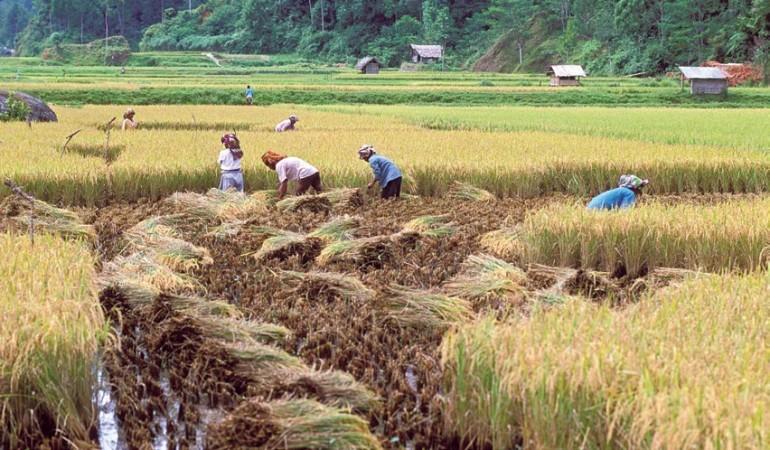
Punjab, which has a large area under paddy cultivation producing around 20 million tons of paddy, is having to cope with managing a similar amount of paddy residue of 20 million tons. In order to control the burning of crop residue, the Punjab government has submitted few steps to the National Green Tribunal (NGT).
According to Punjab, the majority of farmers are not ready to shift to other crops unless an assured procurement on MSP is ensured for alternate crops like maize, cotton and basmati, the crops that can be substituted in its place.
Also, farmers have been burning paddy residue, primarily because of the limited window between the harvesting of paddy and sowing of wheat and other crops. The state government has been promoting the adoption of equipment for paddy straw management.
In 2018, the state has been able to manage 10.21 million tons of paddy straw out of 20 million tons but it includes around 2.89 million tons of paddy straw as partially burnt. The Punjab government said that even though the farmers have been provided equipment during the year 2018-19 and additionally will get this year too, the proposal for providing paddy straw management compensation at Rs 100 per quintal of paddy produced is still relevant.

The state government has also been taking steps to make farmers aware of the harmful effects of paddy straw burning. It said the state is making concerted efforts to manage and consume the paddy straw in the next few years. The task is huge as more than 8 lakh farmers are engaged in paddy cultivation in the state.
It has been observed that the majority of farmers will be able to understand after 2-3 years of practical experience for the management of paddy straw in their farms, which they otherwise had been burning it for more than 30 years.
The Punjab government said that the farmers are still seeking compensation for the management of paddy straw and the state government cannot bear such compensation on its own and submitted requests for paddy straw management at Rs 100 per quintal.















